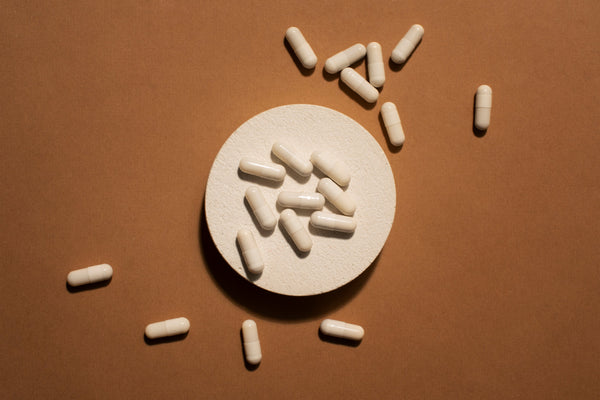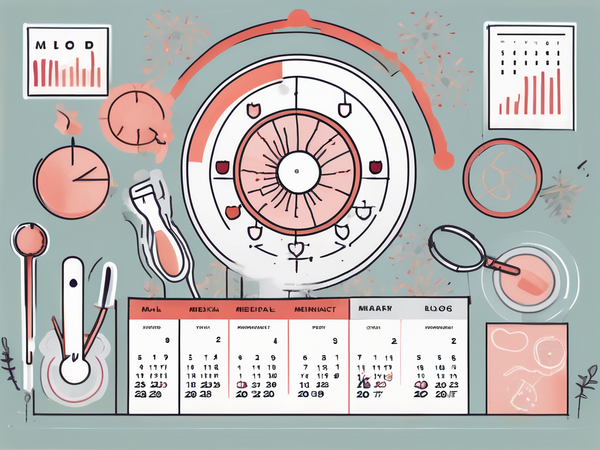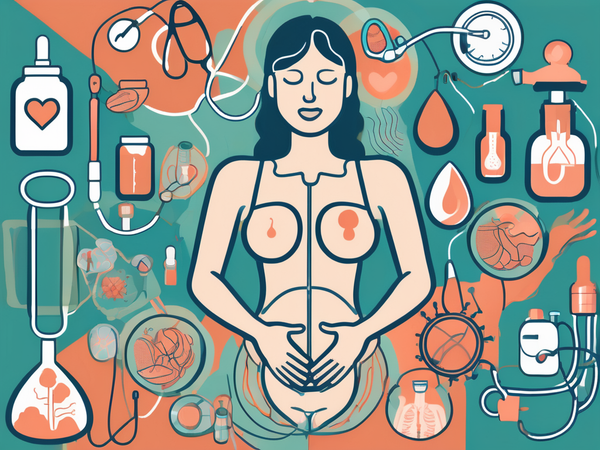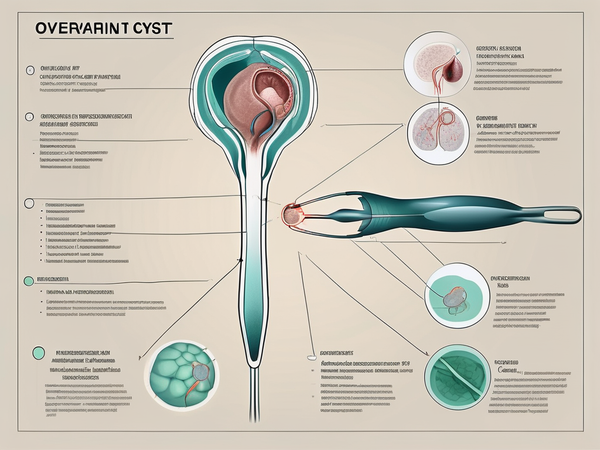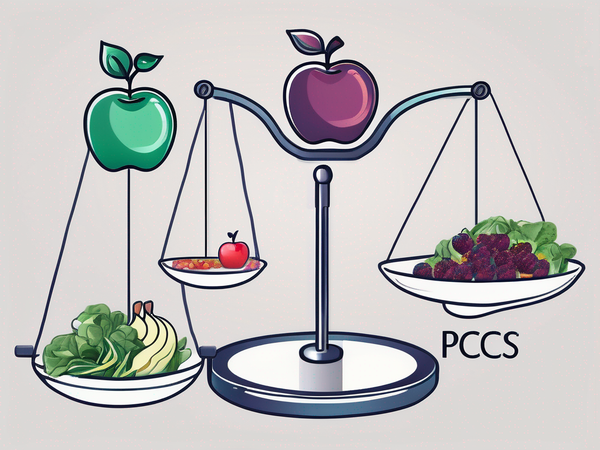When the term "protein" is mentioned, we often immediately associate it with muscles and strength. Undeniably, protein plays a crucial role in muscle development, but its significance extends beyond these aspects. Protein greatly influences our body's hormonal balance, making it a crucial macronutrient in our diet. A deficiency in protein might lead to an imbalance, resulting in issues such as weight loss or gain, irregular blood sugar levels, and even low fertility in women. Therefore, ensuring an adequate protein intake becomes essential, whether through a balanced diet or protein supplements, specifically protein powder for women.
Importance of Proteins
Proteins are the building blocks of our bodies. They are made up of 20 amino acids. Of these, 11 are produced by our bodies naturally, while the remaining 9 must be obtained through other means, such as nutrition or protein supplements. A number of hormones, including glucagon, insulin, pituitary hormone, hypothalamus hormones, etc., are built out of proteins. Proteins help hormones interact with various bodily parts and carry out their communications.
The Connection Between Proteins and Women's Hormones
This is how protein affects different hormones and bodily functions:
-
Suppresses Hunger Hormone (Grehlin):
Protein is considered the most satiating macronutrient. This means consuming protein keeps you full for a longer period of time by suppressing ghrelin (the hunger hormone), thereby controlling our appetite and preventing us from binge eating. This plays a huge role in weight management.
-
Regulates Thyroid Hormones:
Insufficient protein intake can cause protein-calorie malnutrition (PCM). This can further contribute to the development of thyroid disorders such as hypothyroidism. Thus, adequate protein intake is essential for the optimum functioning of your thyroid hormones. The thyroid’s main function is to speed up your metabolism. This means the thyroid helps you transform the food you consume into energy. Thus, low protein intake could hamper your energy levels through thyroid hormones. -
Regulates Sleep & Mood Hormones (Melatonin & Serotonin):
Some protein-rich nuts and seeds, such as walnuts, flaxseeds, dried dates, sunflower seeds, soybeans, peas, etc., are great sources of the amino acid tryptophan. Our body uses this tryptophan to make sleep hormones like melatonin and serotonin. While melatonin regulates our sleep-wake cycle, serotonin regulates appetite, sleep, mood, and pain.
-
Increases Insulin Hormones:
Dietary intake of proteins helps increase insulin levels by promoting its secretion. This hormone helps transfer glucose from the blood into the cells of the body. By clearing excess glucose from the blood, it helps reduce excess blood sugar levels in people with diabetes.
-
Helps Manage PCOS Symptoms:
PCOS is characterized by a hormonal imbalance with increased testosterone levels compared to estrogen in women. Women with PCOS are also insulin resistant, meaning their bodies are unable to respond effectively to the hormone insulin, leading to elevated sugar levels in the blood. This excess sugar is then stored as fat, contributing to weight gain. Adopting high-protein, low-carbohydrate diets can be effective in regulating blood sugar levels and promoting fat loss, thus offering potential benefits in treating PCOS.
-
Promotes Fertility:
Furthermore, protein intake plays a significant role in promoting fertility. Inadequate dietary proteins may result in reduced ovulatory maturation, leading to amenorrhea and infertility. Hence, it is crucial to ensure optimum protein intake. However, equal attention should be given to the type and source of protein consumed. Animal proteins, such as meat and poultry treated with antibiotics and hormones, may cause ovulatory dysfunction. In contrast, plant-based protein sources, like beans, nuts, lentils, seeds, tofu, and others, have been shown to improve fertility. A study revealed that ovulatory disorders were reduced by 50% when 5% of total calories were derived from plant-based proteins. Therefore, plant-based powders can serve as the best protein powder for hormonal imbalances.
Sources of Protein for Women
Plant-based sources of protein, such as dals, pulses, and beans, and animal-based sources, including dairy, poultry, meat, and seafood, are the two primary categories of protein-rich meals. After consumption, the body breaks down these protein-rich meals into amino acids for absorption. Historically, plant proteins have been regarded as inferior because they lack some essential amino acids. However, recent findings have shown that a few plant-based proteins are comparable to animal proteins, challenging the long-held belief that animal proteins were the best source for their amino acid composition.
While animal proteins have a higher bioavailability, meaning they are absorbed more efficiently than plant proteins, they also contain high amounts of saturated fats, which are linked to the development of heart disease. On the other hand, plant-based proteins are rich in antioxidants compared to animal proteins, which may help combat inflammation in the body and prevent the onset of various diseases. Therefore, opting for plant-based protein for women may be a better choice for overall health.
For women seeking protein supplements, there are several plant-based options available on the market shelves, especially suitable for those who follow a vegetarian or vegan diet. Some of these protein powders for women even come with added benefits, such as enhancing beauty and boosting immunity through naturally potent ingredients like hyaluronic acid, glutathione, biotin, spirulina, moringa extract, etc.
RDA of Proteins for Women
How much protein one needs may depend on various factors like age, medical history, activity levels, etc. As per the RDA, women who are not physically active need to consume a minimum of about 0.8 g of protein per kg of body weight. This requirement may go up during pregnancy (1.2–1.52 g/kg body weight) and lactation (1.7–1.9 g/kg body weight), and for females who perform mild to moderate exercise, it is 1.2-2g/kg body weight. If you are unable to meet your protein requirements naturally through your diet, you may opt for supplements like protein powder for women. The amount could be restricted in females with kidney disorders or other medical conditions that require protein restriction. Check with your doctor about your protein requirements before you start any protein supplement for hormonal imbalances in women.
Nutritionist Recommendation
Ways in which you can ensure a high plant protein intake on a daily basis
- Try having a high-protein breakfast like sprouts or lentil pancakes.
- Try including proteins in every major meal (breakfast, lunch, and dinner).
- Have 3–4 servings of non-dairy milk products daily (Soy milk, almond milk, etc.).
- Have 2–3 servings of dals and pulses daily.
- Munch on high-protein snacks like roasted chana/soya nuts/makhana/ nuts & seeds.
- Have 1-2 servings of protein powder for women daily.
Wrapping Up
Now that you know the importance of proteins, ensure adequate intake of protein for hormonal imbalance correction. If your dietary intake of proteins is low, you may make dietary modifications to your existing diet to incorporate more protein. You may also add protein supplements, like plant-based protein powder for women. However, get your doctor’s approval first before making that change.
References
https://www.ncbi.nlm.nih.gov/pmc/articles/PMC5793233/
https://pubmed.ncbi.nlm.nih.gov/16373948/
https://www.nih.gov/news-events/nih-research-matters/protein-consumption-linked-longevity
https://www.ncbi.nlm.nih.gov/pmc/articles/PMC4397399/
https://www.sciencedirect.com/science/article/pii/S0005273615000516?via%3Dihub
https://pubmed.ncbi.nlm.nih.gov/16469977/
https://pubmed.ncbi.nlm.nih.gov/14522731/














